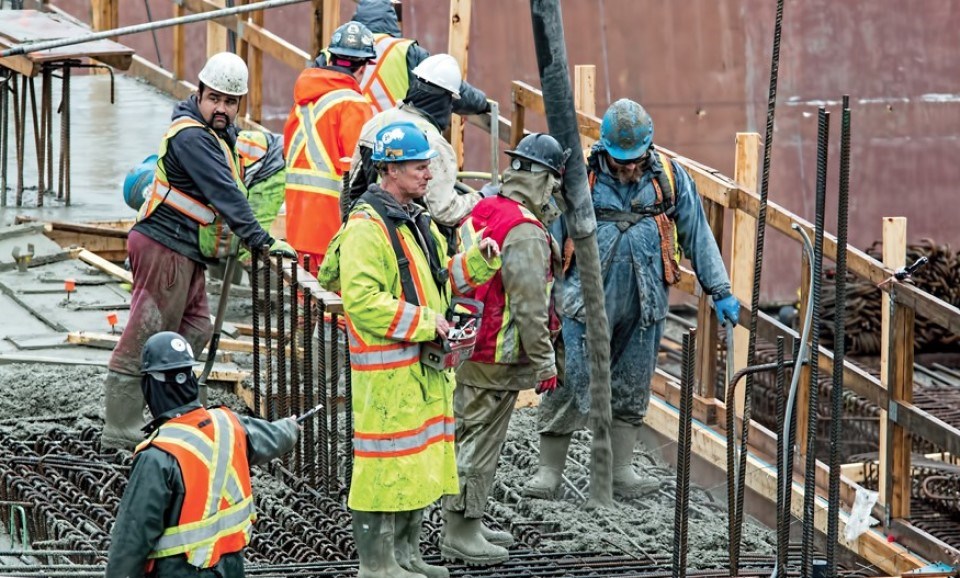The Bank of Canada’s efforts to cool the economy through a string of rate-hikes is getting mixed results on the West Coast.
After shedding 28,100 jobs in August, the province recovered all those losses by adding 32,900 jobs in September, data released Friday by Statistics Canada reveals.
The country’s central bank has raised its key rate by 300 basis point since the start of the year in a bid to tamp down on inflation. The expectation is that the economy would cool as a result of less access to cheap capital, eventually leading to broader job losses.
While nationwide job losses totalled 39,700 in August, the country posted gains of 21,000 jobs in September.
"This is a Canadian jobs report without the drama and fully consistent with a slowing economy,” BMO chief economist Douglas Porter said in a note, referring to the national numbers.
“Job conditions are certainly not cool enough to prompt the Bank of Canada to fully back off from its aggressive tightening campaign. But at the same time, the underlying calming suggests that the Bank may at least consider slowing the pace of hikes.”
Meanwhile, B.C.’s unemployment rate dropped significantly last month – down 0.5 percentage points to reach 4.3 per cent. Such a low rate of unemployment continues to put strains on labour markets already dealing with widespread labour shortages.
Canada’s unemployment rate fell 0.2 percentage points last month to land at 5.2 per cent.
“That excess of labour demand versus available supply will limit the pace of further increases in the unemployment rate near-term, even as the number of job postings continues to slow, and will continue to add to wage pressures," RBC assistant chief economist Nathan Janzen said in a note, referring to the national data.
While it appears on the surface that B.C. made up losses between September and August, a closer look at the difference between gains in full-time and part-time jobs reveals some notable gaps.
The province lost 31,900 full-time jobs in August at the same time it added 3,700 part-time jobs.
But most of B.C.'s gains last month came via part-time employment (22,400 jobs), while the province added 10,500 full-time jobs. That leaves more than 20,000 full-time jobs still missing between the past two months.
“It is a weird economic situation we're in. It’s unprecedented,” B.C. Jobs Minister Ravi Kahlon told BIVfollowing the release of Friday’s data. “What we know is that we're going to have challenges on the labour market for some years.”
Describing the Bank of Canada’s actions as an “induced recession,” Kahlon said he expects B.C.’s jobs numbers to face some ups and downs in the short term.
“The impact of the interest rates going up as aggressively as they are, I think we're going to start feeling that impact later this year – and definitely next year – in decisions that are made by employers,” he said, adding he remains cautiously optimistic about the state of the province’s labour market. “I know that people are having a tough time and it's not easy out there. But when we continue to see numbers like this, it shows us that we have a very diverse economy and we're well positioned for any of the challenges that may come ahead.”
Broken down by industry, the West Coast’s biggest gains were in utilities (+6,400 jobs), education (+6,300 jobs) and natural resources (+4,600 jobs).
The biggest losses were felt in manufacturing (-3,400 jobs), other services (-2,100 jobs) and public administration (-2,100 jobs).


